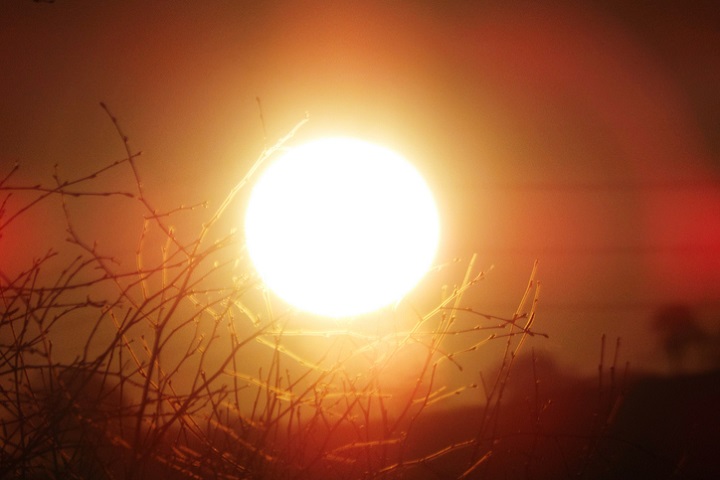The hot long weekend has spurred Environment Canada to put out a heat warning for Metro Vancouver, Howe Sound and the Fraser Valley.

Temperatures have climbed into the mid to upper 30s in various inland locations due to an unusually strong weather pattern that’s bringing extreme heat to the Lower Mainland. These conditions are expected to continue through Tuesday and into Wednesday.
While extreme heat impacts everyone, the risks are greater for young children, pregnant women, older adults, people with chronic illnesses and people working or exercising outside.
For a heat warning to be issued by Environment Canada means a humidex value is expected to reach levels ranging from 29C to 40C or greater.
FULL COVERAGE: Wildfires burning around B.C.
Areas in effect for the heat warning include: Burnaby, New Westminster, Coquitlam, Maple Ridge, Surrey, Langley, Richmond, Delta, and West and North Vancouver.
Environment Canada has recommended the following ways to keep safe during a heat wave:
- Drink plenty of water even before you feel thirsty and stay in a cool place.
- Check on older family, friends and neighbours. Make sure they are cool and drinking water
- Reduce your heat risk. Schedule outdoor activities during the coolest parts of the day.
- Seek a cool place such as a tree-shaded area, swimming pool, shower or bath, or air-conditioned spot like a public building.
- Never leave people or pets inside a parked vehicle.
Conditions are expected to improve Wednesday night into Thursday as an inflow develops to push out the hot, stagnant air.
This heat warning follows an earlier air quality advisory that was issued again for Metro Vancouver and the Fraser Valley due to smoke from the wildfires burning in Washington State and the interior.
The air quality advisory was issued due to high concentrations of fine particulate matter that are expected to persist until there is a change in the weather.
Smoke concentrations may vary widely across the region as winds and temperatures change, as well as fire behaviour.
~ with files from Amy Judd
- Inquest into fatal Surrey hostage-taking recommends cameras for ERT teams
- B.C. woman’s journey to sobriety highlights the need for drug treatment
- More than 115 wildfires burning in B.C., fuelling concerns for a long, destructive season
- ‘Got to be even-keel’: Canucks coach lays out playoff Game 3 priorities




Comments